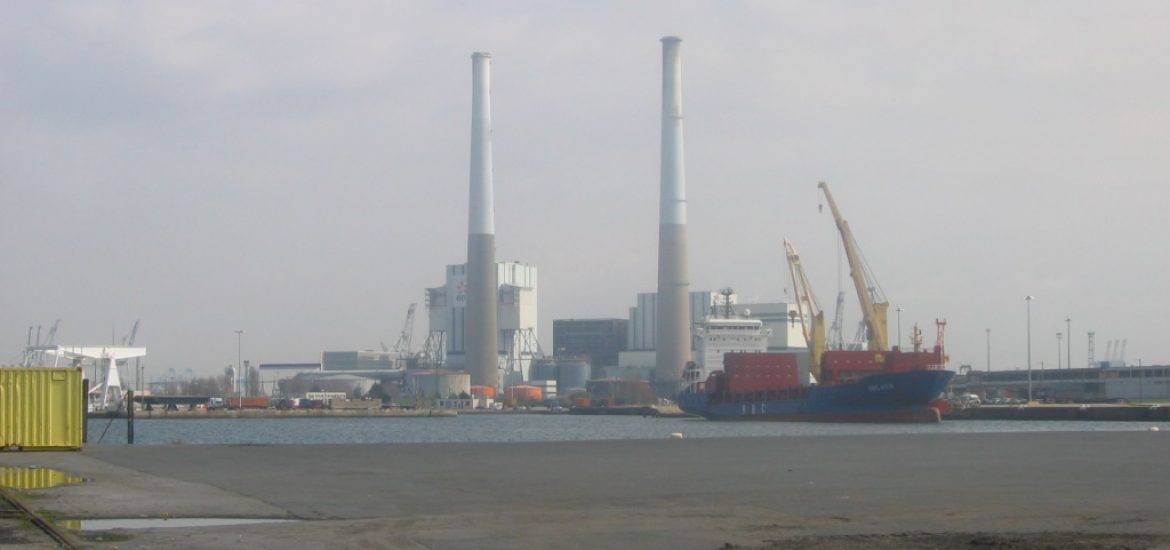
French state-run power giant EDF says it will close its 580-megawatt coal-fired power plant (pictured) in the French port of Le Havre in the spring of 2021, six months ahead of the national exit from coal power.
“In line with the guidelines of France energy roadmap, EDF plans the stop operating Le Havre coal-fired power plant in the spring of 2021,” the utility said.
The CFDT trade union said EDF had informed workers of the closure but it opposed the decision.
“The CFDT rejects the will of the company and the government to close Le Havre power station. CFDT considers that all conditions required to secure the electricity network in France will no longer be present,” the relatively moderate union said.
Trade unions, including the more militant CGT, have held strikes to protect environmentally ruinous coal power, which they say will place energy security at risk.
CFDT said EDF’s management was promising that its other coal power station in France – the 580MW Cordemais 5 – would continue operating and be converted to burn biomass by 2026 under the Ecocombust project.
France’s two other remaining coal-power stations are Emile Huchet 6 and Provence 5, with a combined installed capacity of 1.2GW, operated by Germany’s Uniper.
Nuclear
EDF forecast that its Hunterston B nuclear station in Scotland would eventually reopen, having been offline since last year after cracks were found in its graphite core discovered during routine checks.
The site, which opened in the 1970s, can supply more than 1.7 million homes with power, and is one of Britain’s eight nuclear reactors which provide about a fifth of the UK’s electricity.
“Hunterston B will operate until 2023,” said EDF Energy.
The two Hunterston reactors have suffered from restart delays and were due to return to operation in weeks.
EDF Energy said a £100-million research programme had studied its nuclear stations.
“Market rules mean we would immediately have to announce if this extensive research had altered our expectations about the closure of our power stations,” said a spokeswoman for the UK arm of the French utility said.
“The extensive work we have carried out at Hunterston B has given us a greater understanding of how graphite ages and for that reason, we don’t expect other AGRs [advanced gas-cooled reactors] to have to undergo the same lengthy outages,” she added.
The final decision on reopening Hunterston rests with the UK Office for Nuclear Regulation, which must be satisfied the reactors would be safe in an earthquake, despite the low risk.
The 580-megawatt coal-fired power plant in the French port of Le Havre. Picture credit: Wikimedia





